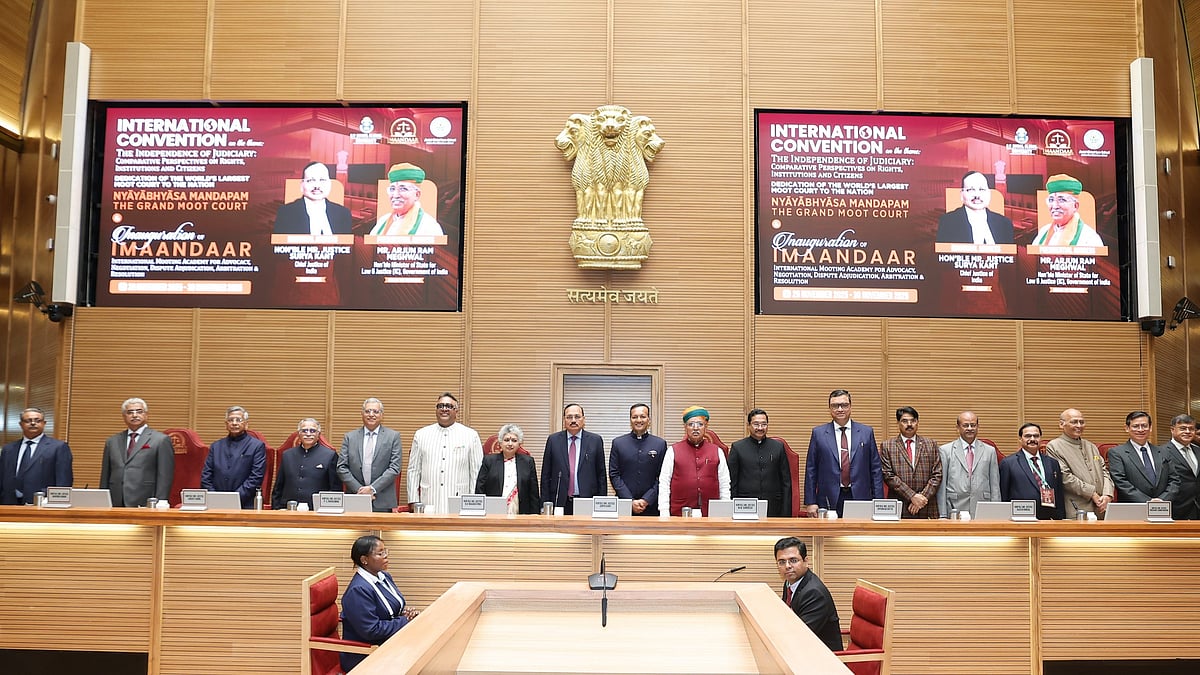IBSAT, the competitive exam that aspirants must take in order to qualify for admission to ICFAI Business School (IBS) for the 2-year full-time MBA/PGPM program/Ph.D. programme, is one of the most popular competitive exams in India right now, alongside other top management school exams, and the application deadlines are closing soon.
If you are confident and well prepared to take the test, don't wait until the last minute to apply; instead, apply right away.
ICFAI Business School (IBS) stands to be one of your wise choices for those who want to take their professional career to yet another level. With one exam, nine options for campuses across the country, and excellence in management curriculum, education, and placement and training for the past 25 years.
Business Today, in its survey and declaration for the top business schools in India, announced ICFAI Business School (IBS) ranked as 12th among the private management institutions across India and 5th in the South Zone.
Ministry of Education through NIRF (National Institutional Ranking Framework) has also recognized ICFAI Business School (IBS) as one of the top 25 management institutions in India in a survey which evaluated both government and private institutions.
The MBA/PGPM course curriculum must be improved and updated in response to changing trends and requirements in the corporate and government sectors, and ICFAI Business School (IBS) excels at doing so while remaining in perfect sync with the real-world work culture and demand.Whether the students are freshmen out of undergraduate school or folks with work experience, ICFAI Business School (IBS) has a lot to offer when it comes to learning and adding holistic lift to their overall profile.
ICFAI Business School (IBS) has a dynamic academic syllabus that allows students to learn management theories and apply them on the workplace at the same time.
The two-year full-time MBA/PGPM curriculum includes a 14-week summer internship programme that begins just a few weeks after classes begin in the first year, as well as ongoing and intense case study-based learning.
While the summer internship requires the student to be recruited into ongoing real-time projects of various MNCs across the country, thereby working alongside the client's team; reporting his/her work to the project manager and compiling his/her project work due to the project manager's and assigned mentor's insufficient communication and vigilance, case study method teaching, on the other hand, triggers immense comprehension and reasoning skills in students.









